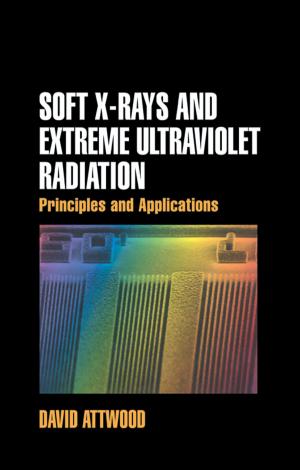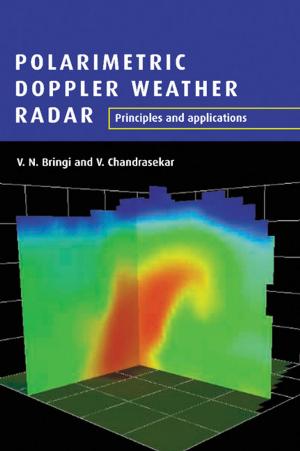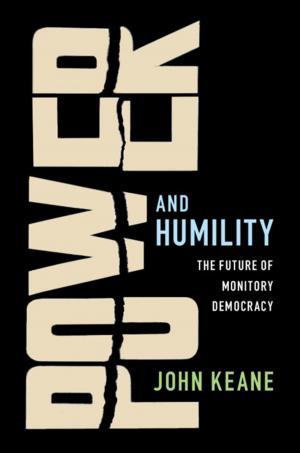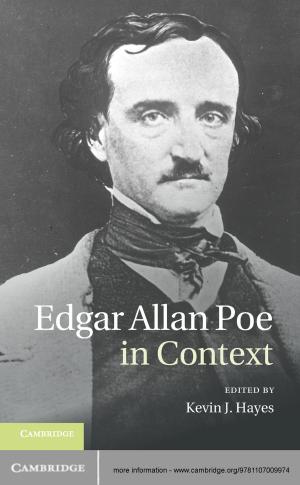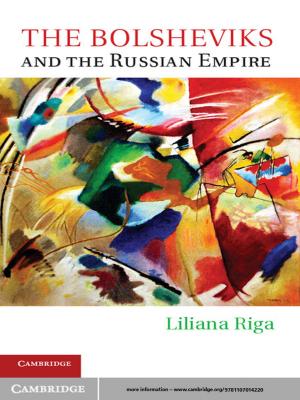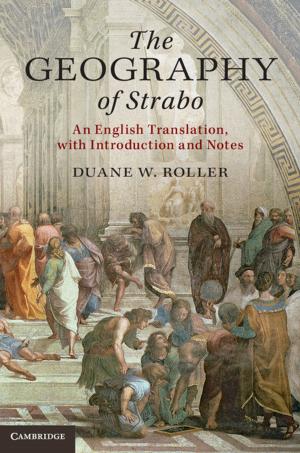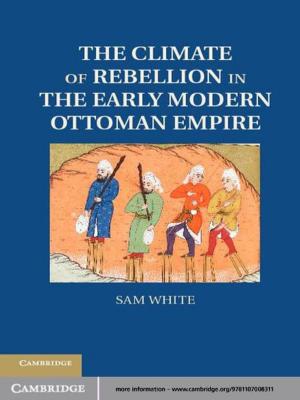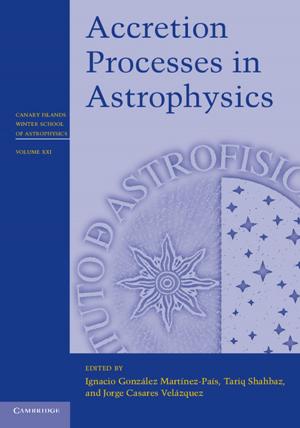Modal Logic
Nonfiction, Science & Nature, Mathematics, Computers, Programming, Programming Languages, General Computing| Author: | Patrick Blackburn, Maarten de Rijke, Yde Venema | ISBN: | 9781316099070 |
| Publisher: | Cambridge University Press | Publication: | August 22, 2002 |
| Imprint: | Cambridge University Press | Language: | English |
| Author: | Patrick Blackburn, Maarten de Rijke, Yde Venema |
| ISBN: | 9781316099070 |
| Publisher: | Cambridge University Press |
| Publication: | August 22, 2002 |
| Imprint: | Cambridge University Press |
| Language: | English |
This is an advanced 2001 textbook on modal logic, a field which caught the attention of computer scientists in the late 1970s. Researchers in areas ranging from economics to computational linguistics have since realised its worth. The book is for novices and for more experienced readers, with two distinct tracks clearly signposted at the start of each chapter. The development is mathematical; prior acquaintance with first-order logic and its semantics is assumed, and familiarity with the basic mathematical notions of set theory is required. The authors focus on the use of modal languages as tools to analyze the properties of relational structures, including their algorithmic and algebraic aspects, and applications to issues in logic and computer science such as completeness, computability and complexity are considered. Three appendices supply basic background information and numerous exercises are provided. Ideal for anyone wanting to learn modern modal logic.
This is an advanced 2001 textbook on modal logic, a field which caught the attention of computer scientists in the late 1970s. Researchers in areas ranging from economics to computational linguistics have since realised its worth. The book is for novices and for more experienced readers, with two distinct tracks clearly signposted at the start of each chapter. The development is mathematical; prior acquaintance with first-order logic and its semantics is assumed, and familiarity with the basic mathematical notions of set theory is required. The authors focus on the use of modal languages as tools to analyze the properties of relational structures, including their algorithmic and algebraic aspects, and applications to issues in logic and computer science such as completeness, computability and complexity are considered. Three appendices supply basic background information and numerous exercises are provided. Ideal for anyone wanting to learn modern modal logic.



